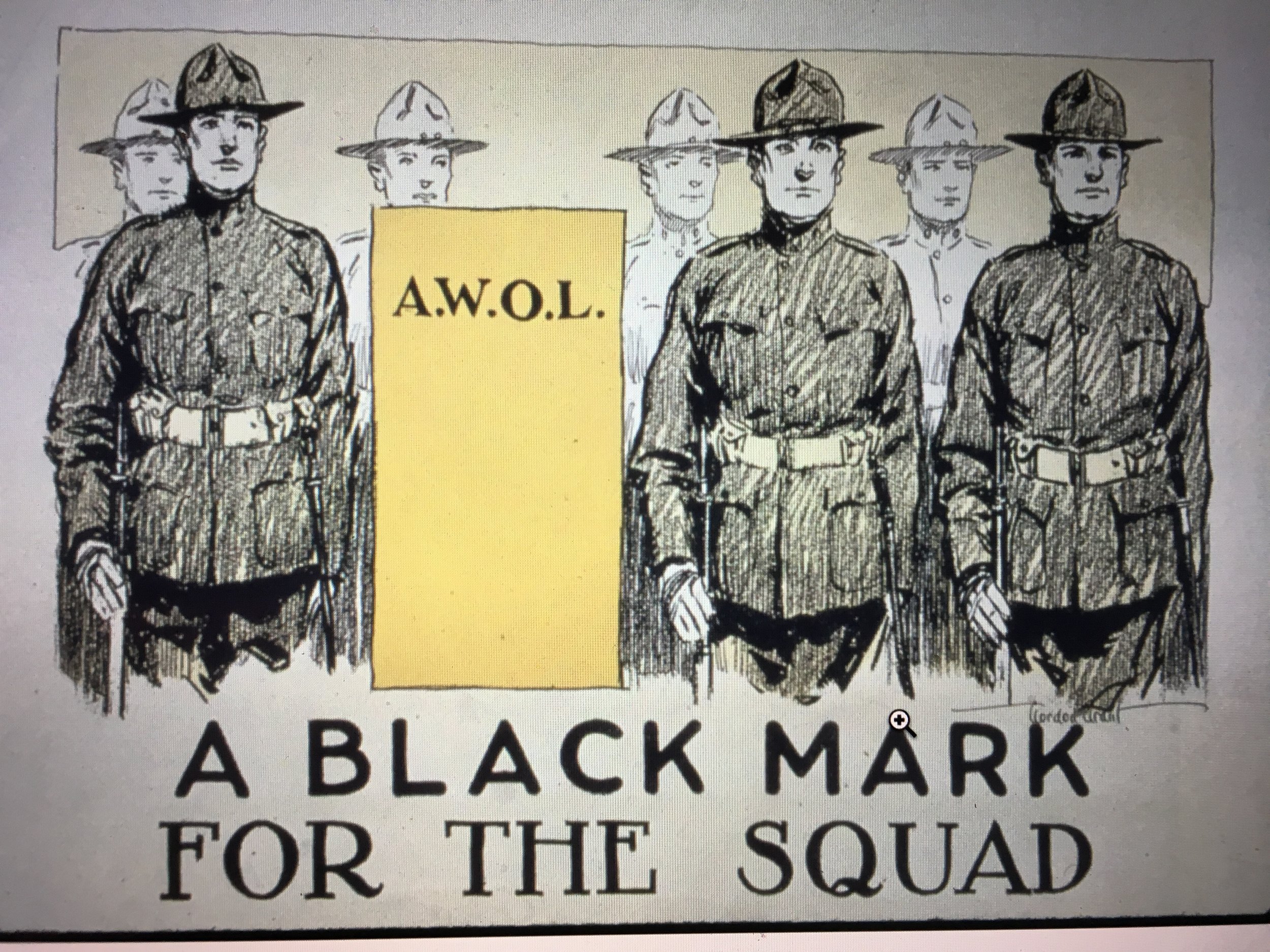The Deserter by Ilya Repin, 1917.
Last night’s second episode of the final season of Game of Thrones was mostly taken up with conversations the night before the battle with the White Walkers. Characters contemplated how they’d like to die or patched up longstanding quarrels that had no relevance anymore. One character was knighted, another had sex for the first time because she wanted to know what it felt like, a third revealed important secrets. Tidying up one’s life or, as the doctors sometimes tell doomed patients, ‘putting your affairs in order.’ The scenes were reminiscent (probably deliberately) of an older and greater creative work, Shakespeare’s Henry V . The before-battle scene there is lit by a ‘little touch of Harry in the night,’ as the king walks through the camp visiting the men who are about to die for him and their country. These are both fictions of what repeats in real life, countless times, throughout history.
It is unfathomable to me. Contemplating death is difficult enough, but for soldiers from the medieval peasant to the modern private it is a job requirement. There are two ways to enforce it. The first gives deserters death by execution — killing at the hands of your friends rather than your enemies. The second is more subtle: make running away as unfathomable as staying and contemplating the battle tomorrow morning. How on earth is that possible? By turning rational behaviour (self-preservation) into something abhorrent: the stigma of cowardice. It’s easy for us to think being called a coward is insignificant compared to saving your own life. But it must have been pretty strong to make contemplating your death in the morning a preferable choice.

